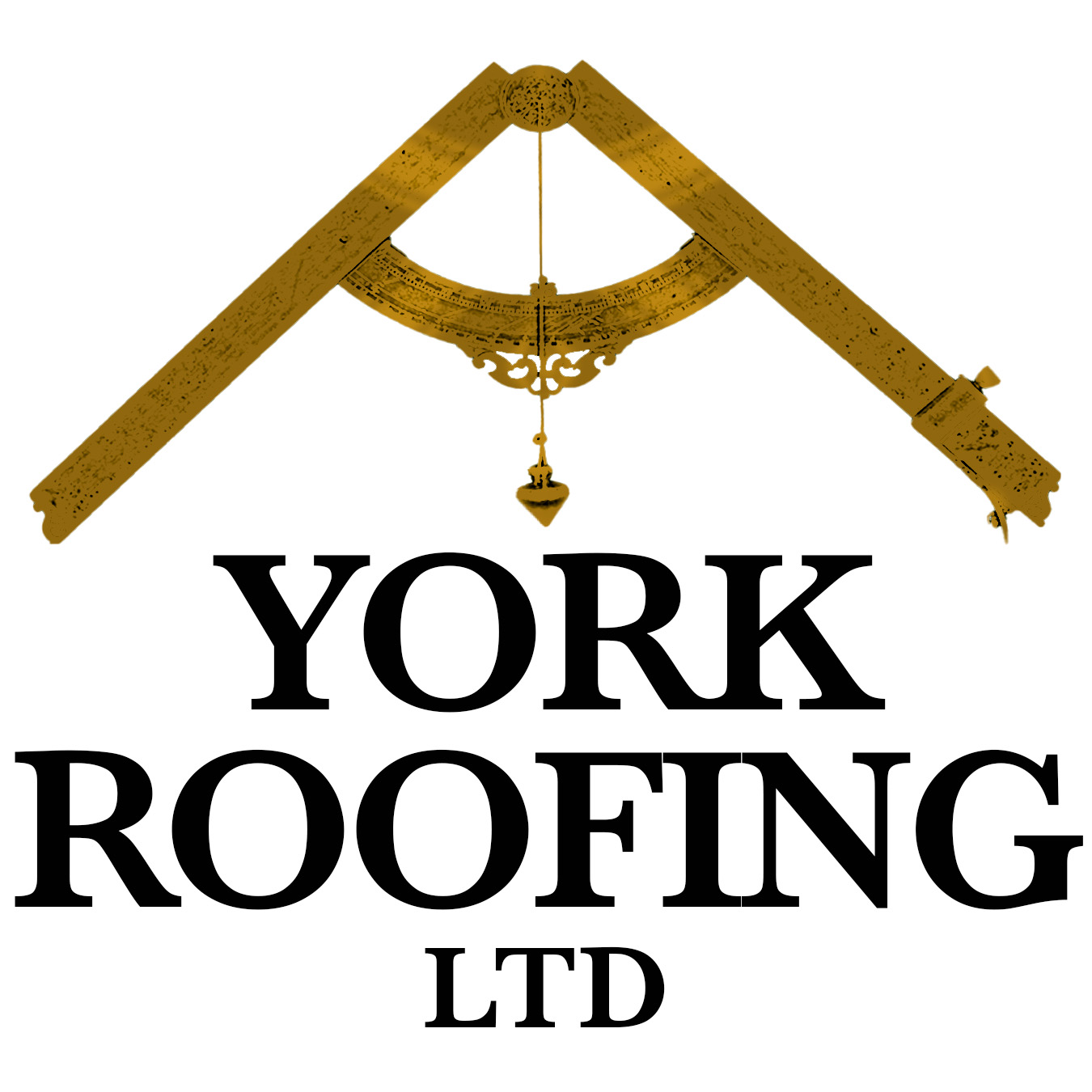Frequently Asked Questions
Find answers to common questions about our roofing services, building regulations, costs, and more.
Building regulations approval is generally required for significant roof work. If you're replacing more than 25% of the roof, adding insulation, or changing the structure, you will need approval. Minor repairs and like-for-like replacements usually don't require approval. We can help guide you through the process and ensure all work meets current regulations.
Building regulations ensure work meets safety, energy efficiency, and structural standards, while planning permission relates to how a building looks, its impact on the environment, and the surrounding area. Roof work often requires building regulations approval but may not need planning permission unless you're changing the roof height, shape, or appearance in a conservation area or listed building.
Current building regulations in the UK require new or replacement roofs to meet minimum thermal insulation standards. For pitched roofs, this is typically a U-value of 0.15 W/m²K, and for flat roofs, 0.11 W/m²K. These values may vary slightly based on location and specific circumstances. We ensure all our installations meet or exceed these requirements.
The lifespan of your roof depends on the materials used. Slate roofs can last 100+ years, concrete tiles 50-75 years, clay tiles 60-80 years, metal roofing 40-70 years, and high-quality flat roofing systems 20-40 years. Regular maintenance can significantly extend these lifespans.
We understand that a leaking roof requires urgent attention. For emergency leaks, we aim to provide same-day or next-day service to prevent further damage to your property. After the initial assessment, we'll provide a timeline for permanent repairs based on the extent of the damage and material availability.
Yes, all our roofing work comes with workmanship guarantees. For repairs, we typically offer a 5-10 year guarantee, while new roof installations come with a 20-25 year guarantee. Manufacturer warranties on materials are additional to our workmanship guarantee, and these vary by product.
For properties in York, we often recommend clay or slate tiles, as they withstand local weather conditions well and complement the architectural style of many York buildings. However, the best choice depends on your specific property, budget, and preferences. We're happy to discuss options during a free consultation.
The cost of a new roof varies significantly based on size, materials, accessibility, and structural requirements. As a rough guide, a new roof for an average semi-detached house might range from £5,000 to £12,000. We provide detailed, no-obligation quotes following a thorough inspection.
Yes, we have extensive experience working on listed buildings and in conservation areas throughout York. We understand the specific requirements and permissions needed for these properties and can work with conservation officers to ensure all work is compliant and sympathetic to the building's heritage.
In many cases, yes. We can add insulation either above or below the rafters or in the loft space without completely replacing the roof. This can significantly improve your home's energy efficiency. The best approach depends on your roof construction and current insulation levels.
Building Regulations for Roofing Work
Understanding building regulations is essential when undertaking roofing projects. Here's what you need to know:
When Building Regulations Apply
Building regulations approval is typically required when:
- Replacing more than 25% of the roof area
- Changing the roof structure or load-bearing elements
- Adding or altering roof insulation
- Converting a flat roof to a pitched roof (or vice versa)
- Installing roof lights or windows
Key Regulations for Roofing
Current building regulations focus on several aspects of roofing:
- Weather Resistance: The roof must provide adequate protection against rain and snow.
- Thermal Performance: Proper insulation must be installed to meet energy efficiency standards.
- Structural Integrity: The roof structure must safely support both dead loads (the weight of the roof) and imposed loads (snow, wind, maintenance access).
- Fire Safety: Materials must provide adequate fire protection, especially for roofs close to property boundaries.
- Ventilation: Adequate roof ventilation must be provided to prevent condensation.
Our Approach to Building Regulations
At York Roofing Ltd, we handle building regulations compliance for you:
- We assess whether your project requires building regulations approval
- We can submit applications on your behalf when required
- All our work is designed to meet or exceed current regulations
- We provide documentation of compliance upon project completion
- We stay updated with changing regulations to ensure your roof remains compliant
If you have questions about how building regulations might affect your roofing project, please contact us for expert advice tailored to your specific situation.

